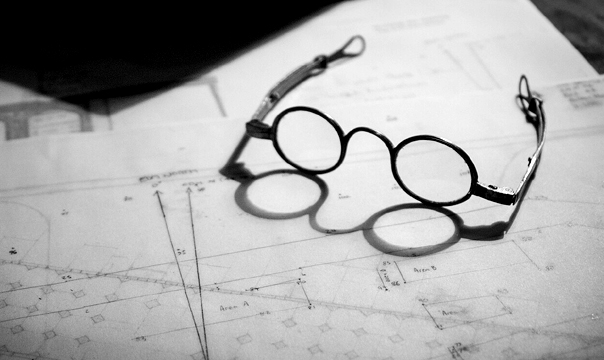The Forgotten Glasses
Gene Treanor
© Copyright 2025 by Gene Treanor


Photo from Wikimedia Commons.
The Forgotten GlassesGene Treanor © Copyright 2025 by Gene Treanor  |
 Photo from Wikimedia Commons. |
Gene Treanor learned all the old skills of woodworking in the 1960s, but then stepped back a century or two to build harpsichords until returning to the 20th century to do model-making in the days before AutoCad. He spent many years as the resident wizard at a science discovery centre, turning science theory into interesting and interactive exhibitions. He is now working for himself, using the beautiful and exotic timbers of Tasmania, his adopted homeland. While waiting for glue to set, he has been known to write an essay, or the occasional satirical poem.